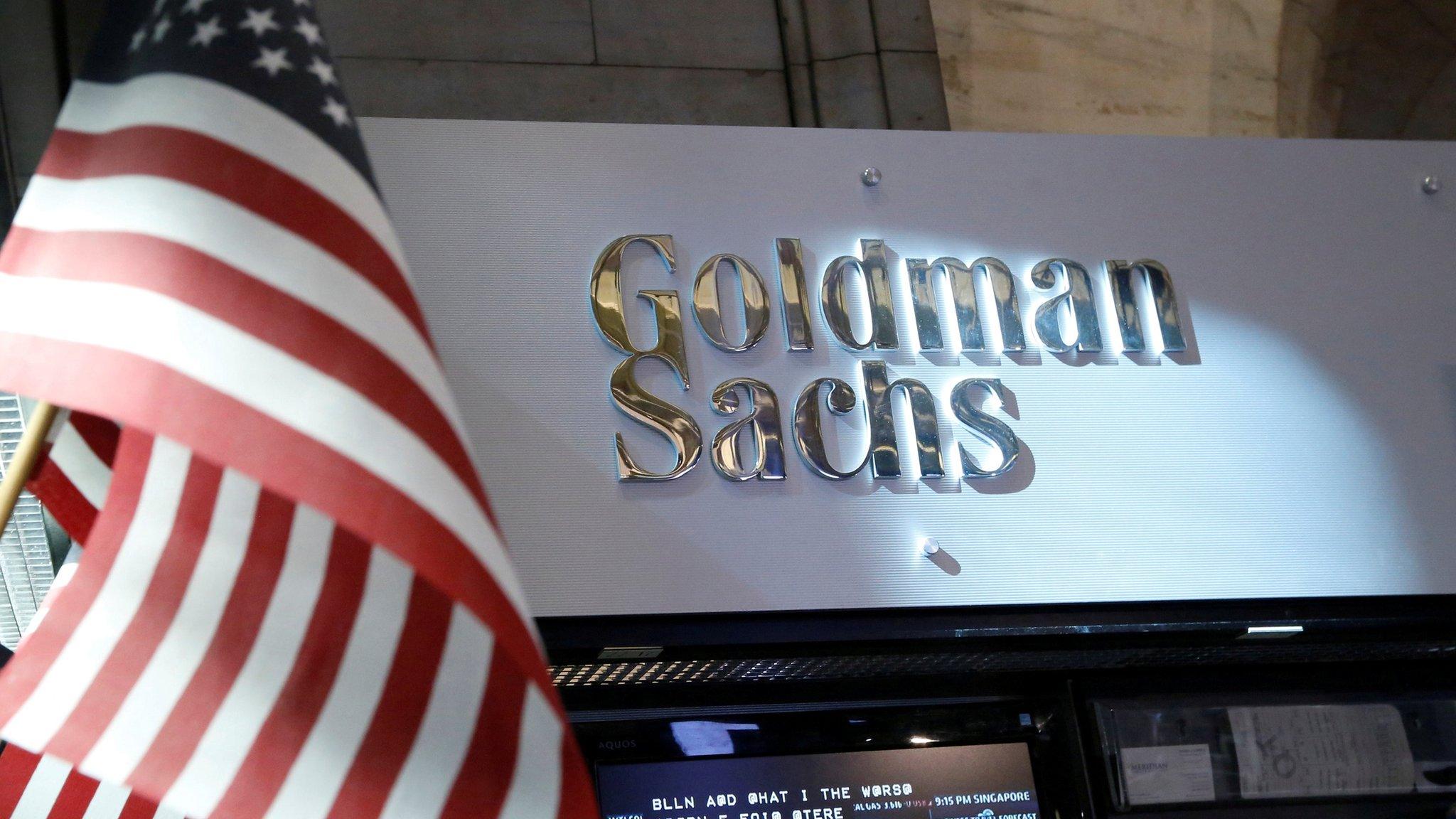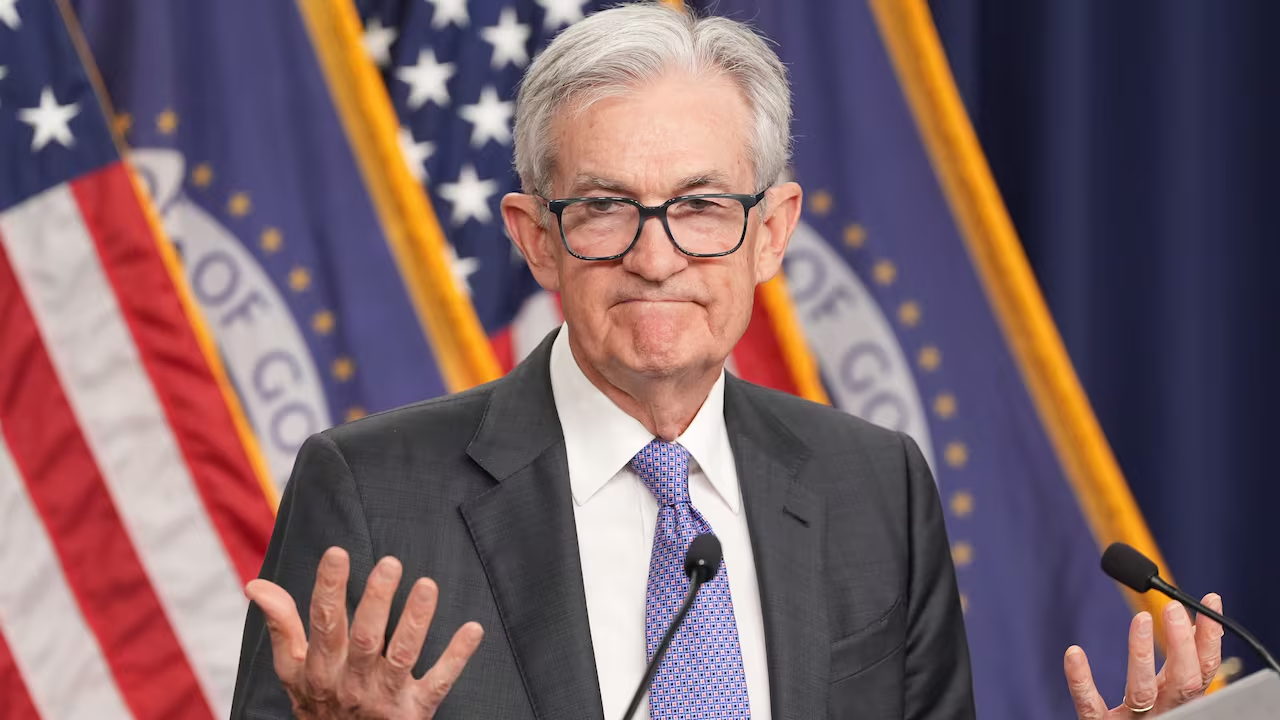In 2024, the number of existing home sales dropped to nearly 30 year low with only a little over 4 million residences being sold throughout the U.S. Most experts agree the reason for the lower number of total sales boils down to lack of inventory, coupled with relatively high interest rates compared to the last several years. Not a lot of people are going to want to give up their under-4% rates unless it’s really necessary.

Interest rates have dropped since their recent peak in October 2023 at around 7.7%, though they still sit at about 6.6%. The last time interest rates were that high pre-COVID was in July of 2007, just before the Great Recession.
What appears to be taking shape as playing an even bigger role in Millennial homebuying hesitation is the implementation of wide-ranging tariffs. Historically, when the stock market drops, people stop voluntarily buying and selling houses. The stock market has been dropping like a stone recently, losing an entire year’s worth of gains in the span of about 6 weeks. Millennials have a significant amount of their savings in equities, and that money has gone up in smoke for right now.
In previous polls, anywhere from between 30 to 45% of Millennials have said they will delay purchasing a house for one reason or another. As Millennial homebuyers purchase about 1.2 million homes a year, it’s not a shock that at least 400,000 of them would decide to delay purchasing a house because of economic uncertainty revolving around tariffs.
Job losses, relatively high interest rates, lost savings and a lack of inventory are all going to contribute to a slower real estate market for the first half of 2025. Interest rates will not be dropping to 2021 levels again for years, if ever, though as rates do decline, buying/selling becomes incrementally more attractive to those with already historically low rates. Job security is another big reason why Millennials are going to have issues. Finding a new job is hard enough in a slowing economy as people hold on to the ones they have and companies slow/stop hiring completely.
The stock market could, theoretically, turn around at any point. It would not be surprising if U.S. equities skyrocketed upward if there is a wholesale lifting of tariffs. What remains to be seen is the long-term legacy of the tariffs. 6 weeks of tariffs, along with the threat of more tariffs, was enough to slam the brakes on an improving U.S. economy. Prolonged tariffs could see even more profound negative effects on Millennial homebuying, and the housing market in general.




